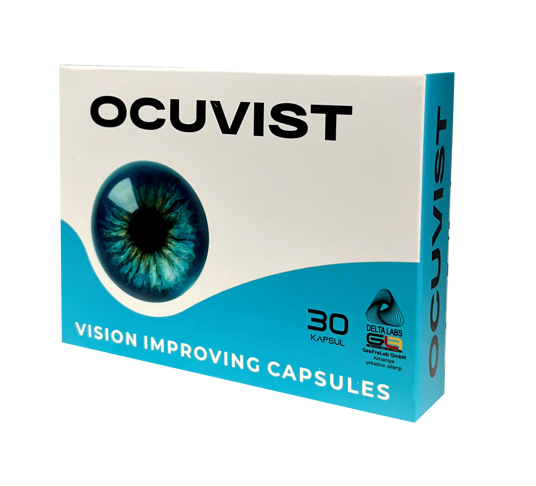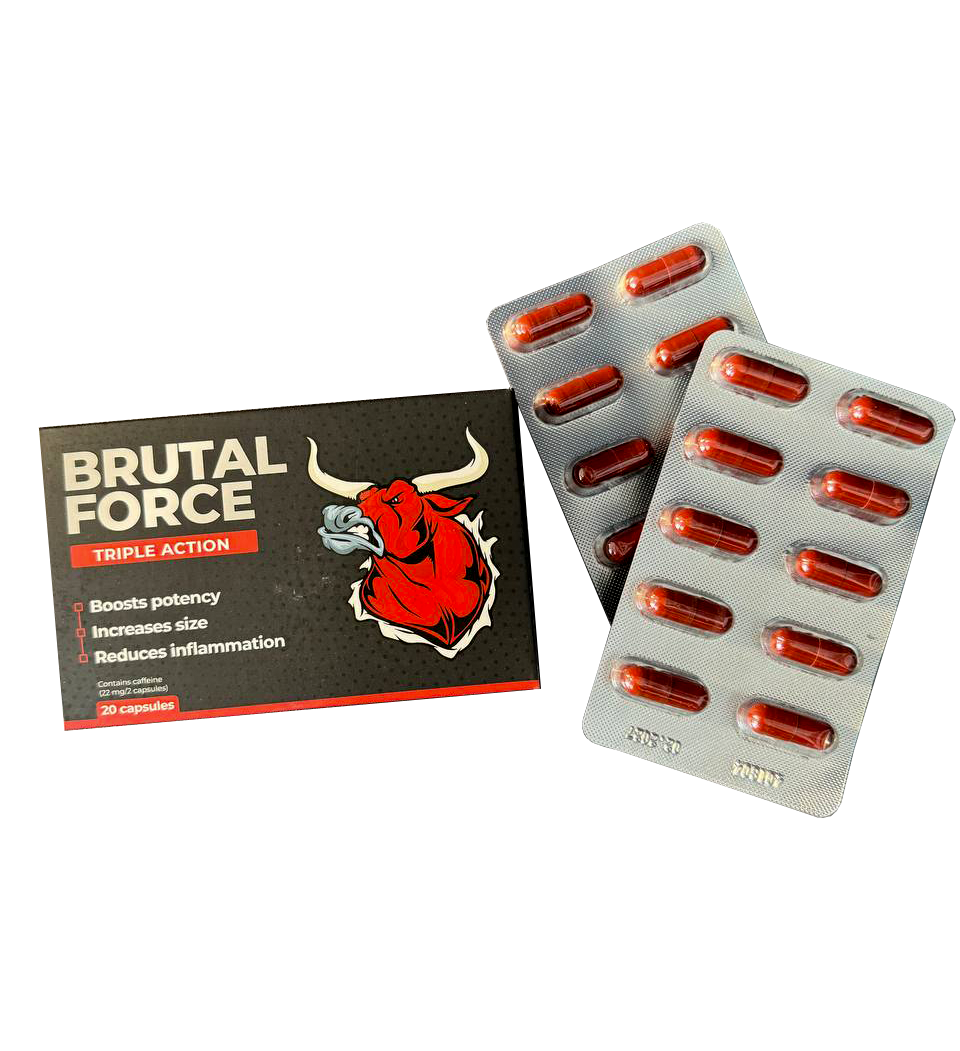Can UV rays pass through glass is a question that has been asked many times in the past. To find the answer to this question, let's go through the information provided in the article.
Can UV rays pass through glass? This is a question many people have asked in the past. Because, many people think that we will not be affected by the sun when in the house or office. In fact, even when you're not outdoors, you can still be affected by UV rays. In this article, we will learn an overview of UV rays and how to protect your skin when sitting near windows and glass doors.
Learn about UV rays
As explained by experts, UV rays are rays with a wavelength shorter than ordinary light, but longer than the wavelength of X-rays. We will not be able to see UV rays with our eyes. UV rays are also known by other names such as ultraviolet rays or ultraviolet rays. UV rays are classified into 3 types: UVA, UVB and UVC.
In particular, UVA rays are located close to the visible light region, with wavelengths from 320 nm to 400 nm. UVB rays have a longer wavelength than UVA, from 290 nm to 320 nm. Finally, UVC light has a wavelength of 290 nm to 320 nm. However, we will not be exposed to UVC rays because they are usually absorbed by the ozone layer before entering the earth.
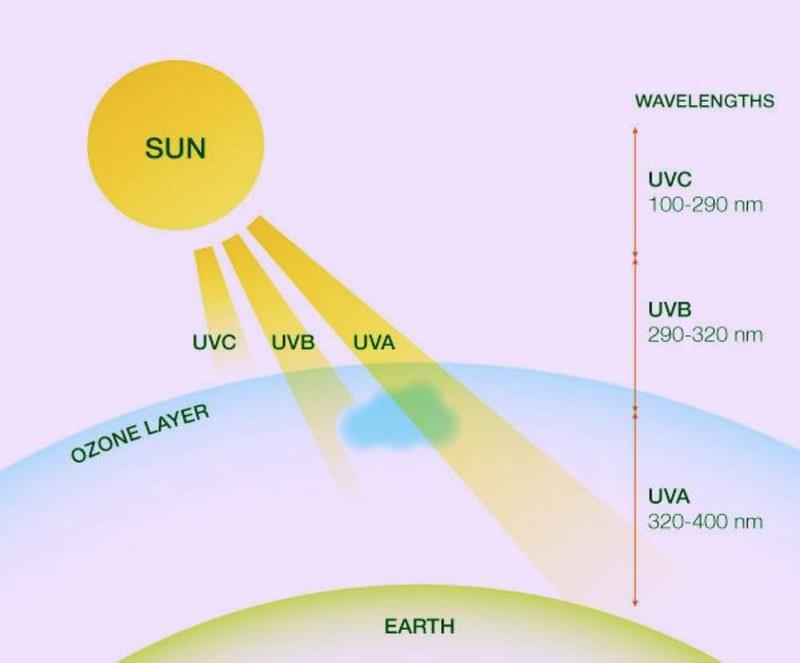 UV rays are rays with wavelengths shorter than normal light, but longer than X-rays.
UV rays are rays with wavelengths shorter than normal light, but longer than X-rays.
In essence, UV rays can also bring many health benefits when exposed to sufficient doses, but most are harmful to our skin, eyes, and body. When exposed to the sun for a long time, the epidermis of the skin will be broken causing sunburn , darkening, dark pigmentation, ...
This situation happens often will cause the skin to reduce collagen production, forming many wrinkles, crow's feet, ... accelerate the aging process. Even the harmful effects of UV rays also increase the risk of skin cancer, suppress the immune system.
Can UV rays pass through glass?
The results of a study in the UK showed that when driving in the Northern hemisphere when going south, the left side or left half of their face will darken or age more than the left side. remaining due to direct exposure to the sun.
The results of this study also show us that UV rays can penetrate car windows and affect the skin. So, when sitting in the house, office near the window, or in the car, your skin will still be more or less affected by the sun when not carefully covered.
Can UV rays pass through glass? UVA rays can penetrate glass windows, shade, clouds, curtains, ... and affect the skin.
At wavelengths from 320 nm to 400 nm, UVA rays can penetrate glass windows, shade, clouds, curtains, ... and affect the skin. Radiation from UVA rays will pass through the epidermis, reach the dermis and cause damage to skin cells. The skin will lose its firmness and elasticity, aging and degrade rapidly. You can clearly see this when observing the faces of long-distance car drivers. The half of their sun-exposed face will have more wrinkles and sagging than the other half.
How to protect your skin when sitting near a window or while driving
The direct exposure to UV rays for many days in a row not only seriously damages the skin, but also affects more or less health. Therefore, you should take the initiative to protect your skin when you have to drive often or work near a window. For drivers who drive a lot, they can use insulating films to stick on car windows. In case your working position is near a window or glass door, you should close the curtains to limit sunlight between 10am and 4pm every day. This is when the sun is at its strongest.
You can use insulating films to stick on car windows, or pull curtains to cover windows and glass doors to limit the impact of sunlight on your skin.
In particular, to avoid the risk of thermal shock, when starting the car, you should turn on the exhaust fan, open the glass door to push out the hot air. Then close the door and turn on the air conditioner. Before getting out of the car or going out into the sun from indoors, it is advisable to let the body gradually adapt to the outdoor temperature by increasing the temperature.
One thing that you absolutely must not forget is to apply sunscreen regularly, even when you are not going out. Besides, you also need to add more foods rich in vitamin C , vitamin A, vitamin E, minerals, protein, ... to enhance better skin protection from the inside. On hot sunny days, you should drink a lot of water to make up for the lost water.
Above is an overview of UV rays, hopefully can help you answer the question "Can UV rays pass through glass ?" which we mentioned at the beginning of the article. In short, it is extremely important to protect the skin from the effects of the sun. This not only helps the skin not to be damaged, but also prevents many dangerous diseases.
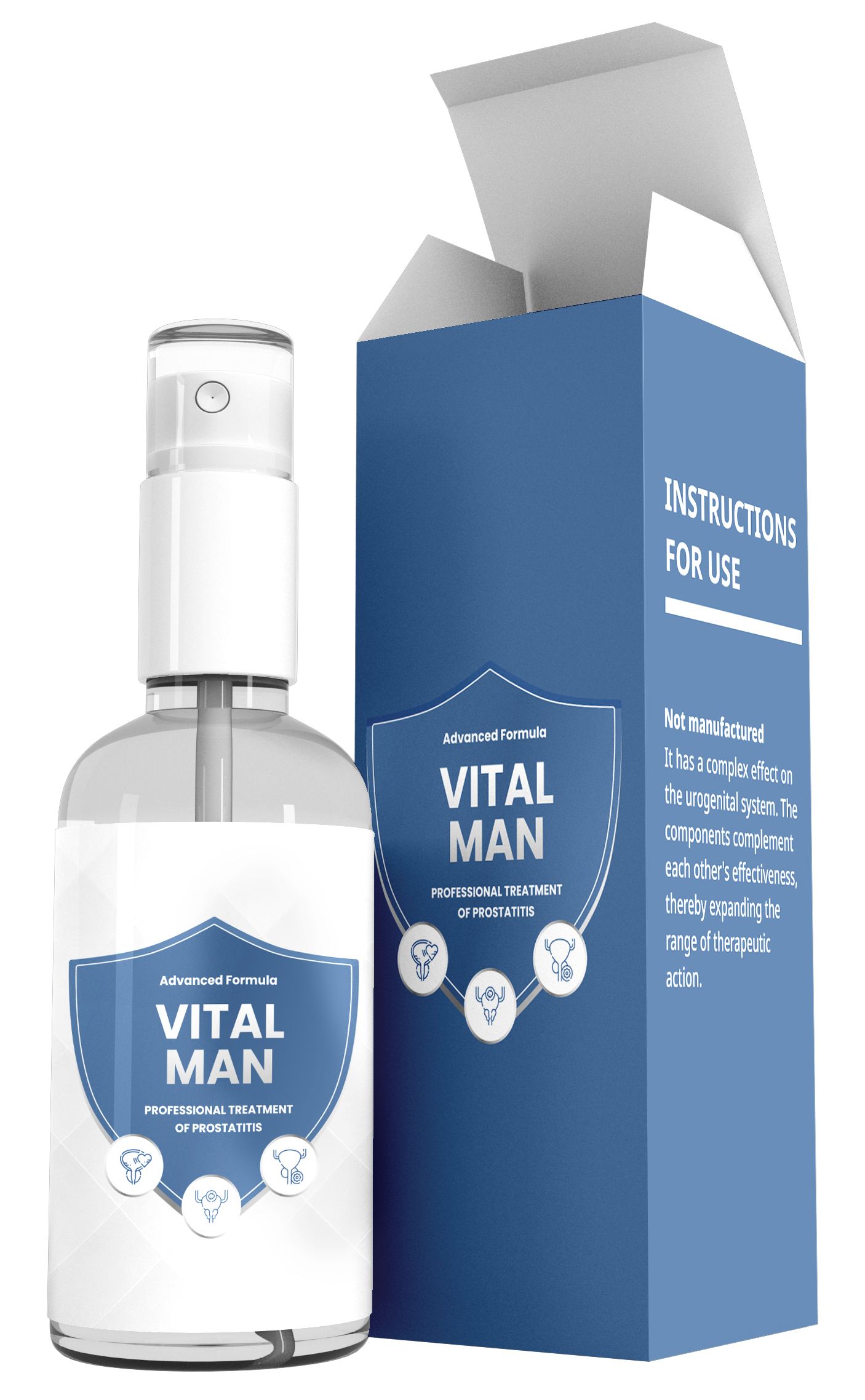
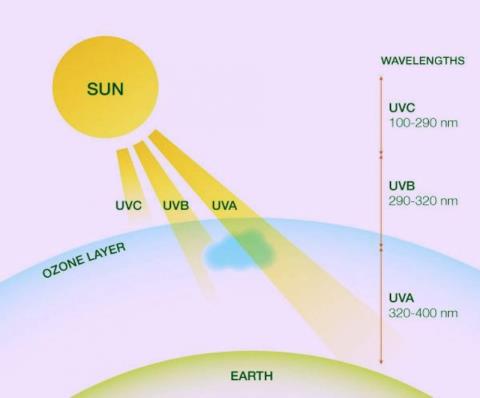
 UV rays are rays with wavelengths shorter than normal light, but longer than X-rays.
UV rays are rays with wavelengths shorter than normal light, but longer than X-rays.